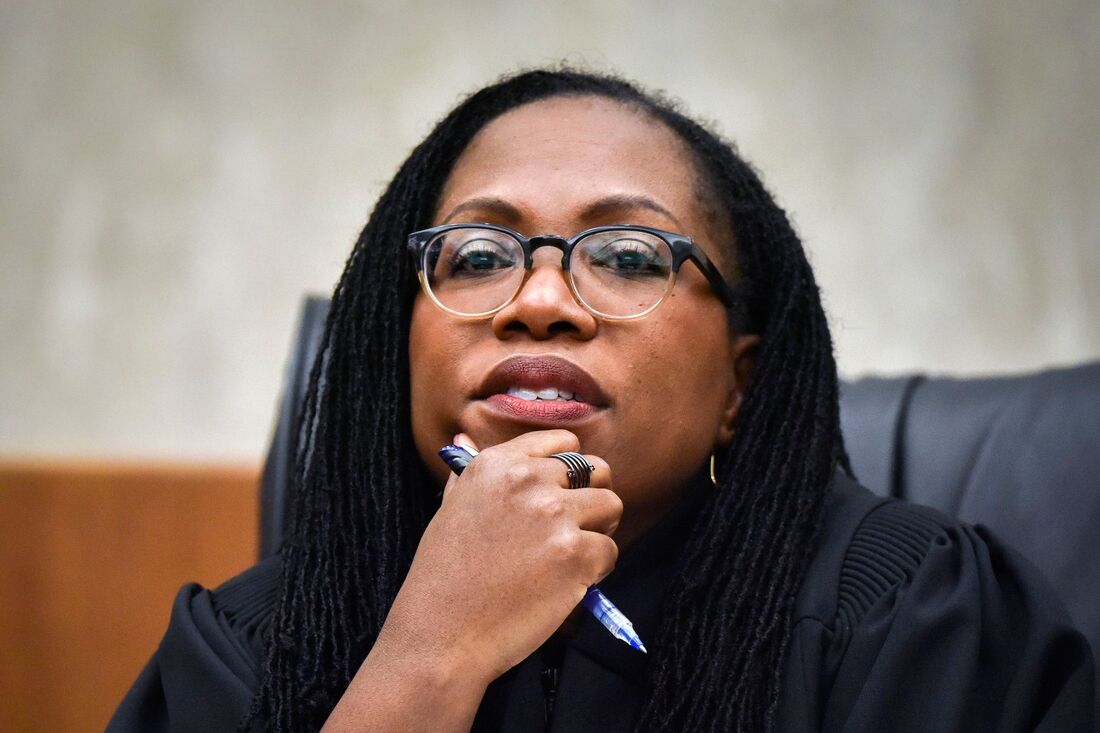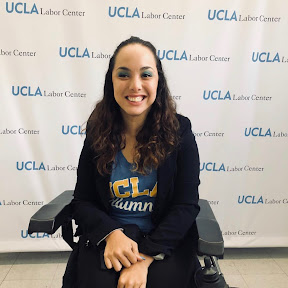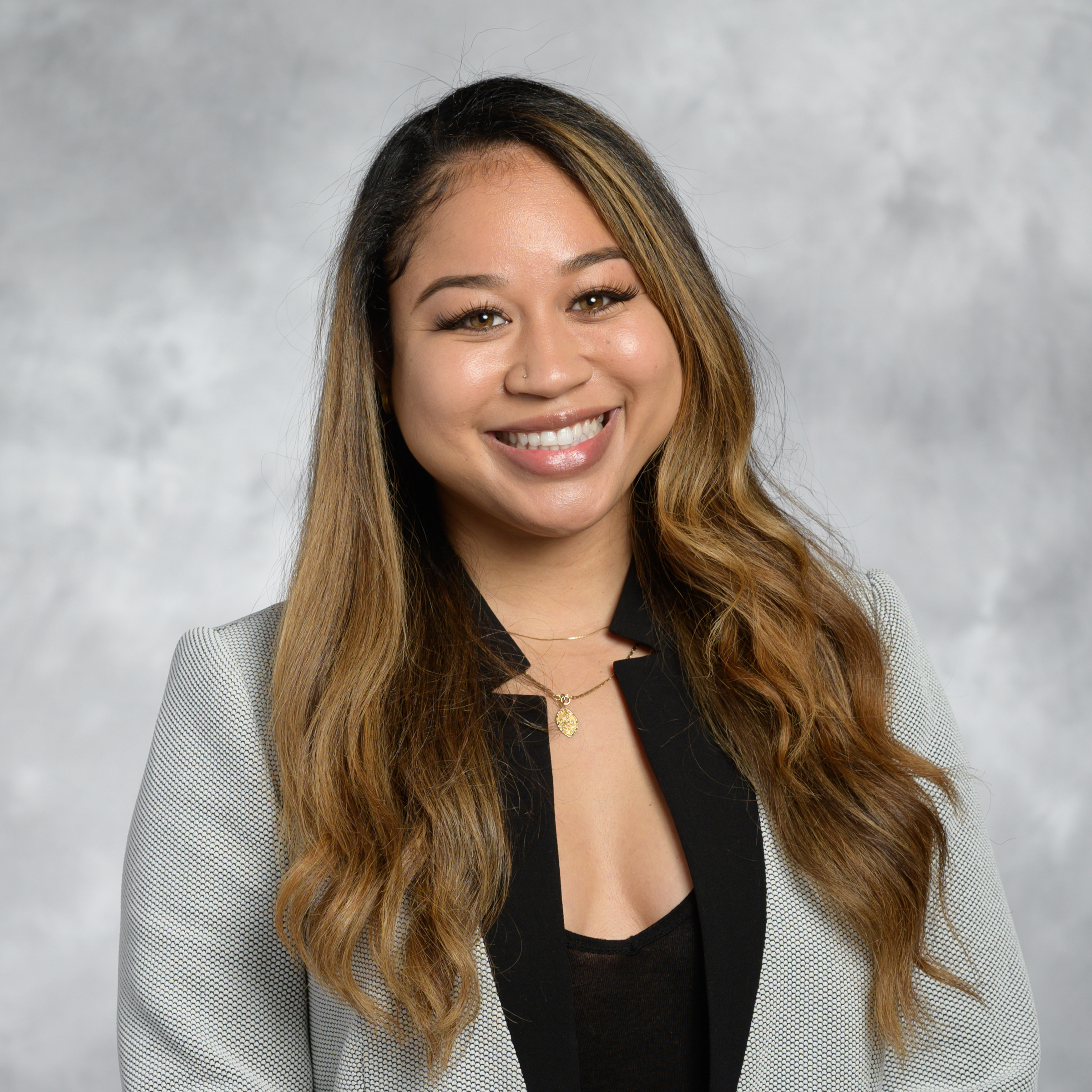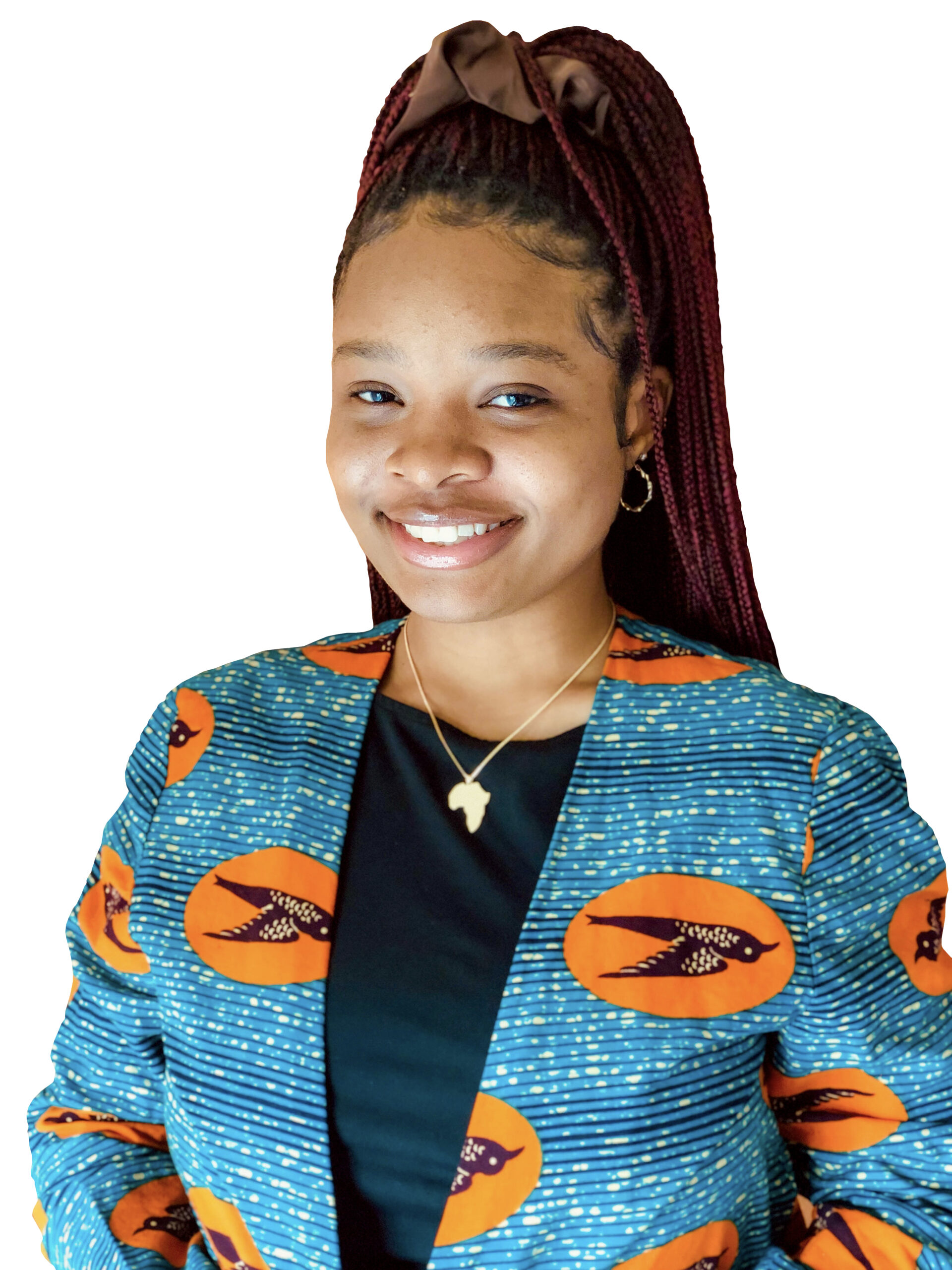Here are the Black women judges who Biden can appoint to the Supreme Court
More of This
With Justice Stephen Breyer’s reported retirement opening a seat on the Supreme Court, President Joe Biden has a chance to fulfill a campaign promise to name a Black woman to the Court for the first time.
Only two African Americans, Justices Thurgood Marshall and Clarence Thomas, have served on the nation’s highest court, and only one woman of color has been a justice — Justice Sonia Sotomayor, who is Latina. And Black women aren’t just unrepresented on the Supreme Court, they are also massively underrepresented on the federal bench. And they were even more so before Biden took office.
Nearly all recent justices previously served on a federal appeals court before getting promoted to the high court. Of the nine current justices, only Justice Elena Kagan did not. But, when Biden took office, only five of the nearly 300 sitting federal appellate judges were Black women, according to the Federal Judicial Center. Biden has doubled that number, placing five more Black women on the federal appellate bench.
Presidents typically prefer to name justices who are, at most, in their early- to mid-50s so that their nominee will still have a long career ahead of them. But the youngest Black woman who served as a federal appellate judge when Biden took office, Judge Johnnie B. Rawlinson of the United States Court of Appeals for the Ninth Circuit, is in her late 60s. So, if Biden follows the common practice of choosing a sitting federal appellate judge as his nominee, he will almost certainly choose someone he’s already elevated to an appeals court.
Read the story on Vox
The Supreme Court Justice with a massive conflict of interest
Less of This
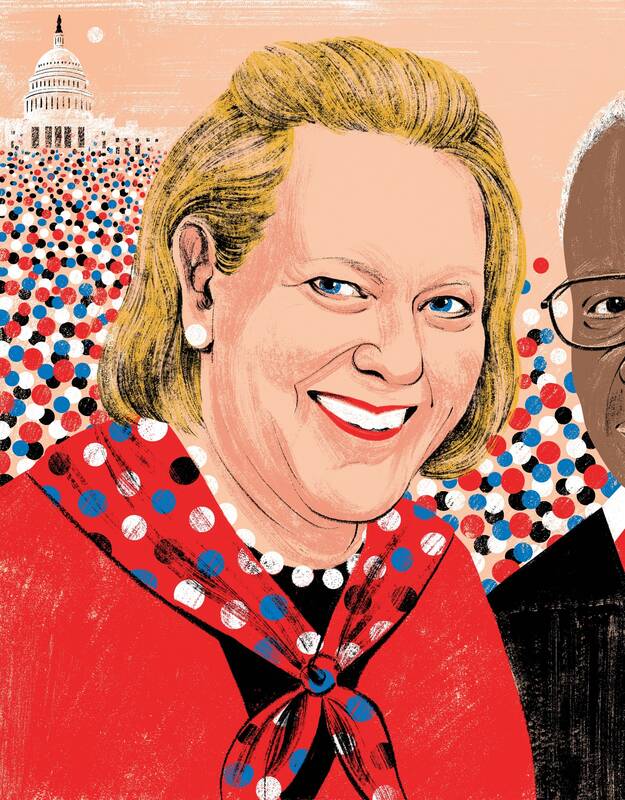
The claim that the Justices’ opinions are politically neutral is becoming increasingly hard to accept, especially from Thomas, whose wife, Virginia (Ginni) Thomas, is a vocal right-wing activist. She has declared that America is in existential danger because of the “deep state” and the “fascist left,” which includes “transsexual fascists.” Thomas, a lawyer who runs a small political-lobbying firm, Liberty Consulting, has become a prominent member of various hard-line groups. Her political activism has caused controversy for years. For the most part, it has been dismissed as the harmless action of an independent spouse. But now the Court appears likely to secure victories for her allies in a number of highly polarizing cases—on abortion, affirmative action, and gun rights.
Many Americans first became aware of Ginni Thomas’s activism on January 6, 2021. That morning, before the Stop the Steal rally in Washington, D.C., turned into an assault on the Capitol resulting in the deaths of at least five people, she cheered on the supporters of President Donald Trump who had gathered to overturn Biden’s election. In a Facebook post that went viral, she linked to a news item about the protest, writing, “love maga people!!!!” Shortly afterward, she posted about Ronald Reagan’s famous “A Time for Choosing” speech. Her next status update said, “god bless each of you standing up or praying.” Two days after the insurrection, she added a disclaimer to her feed, noting that she’d written the posts “before violence in US Capitol.” (The posts are no longer public.)
Read the story on New Yorker
What do we teach law students when we have no faith in the Supreme Court?
Speaking Of...
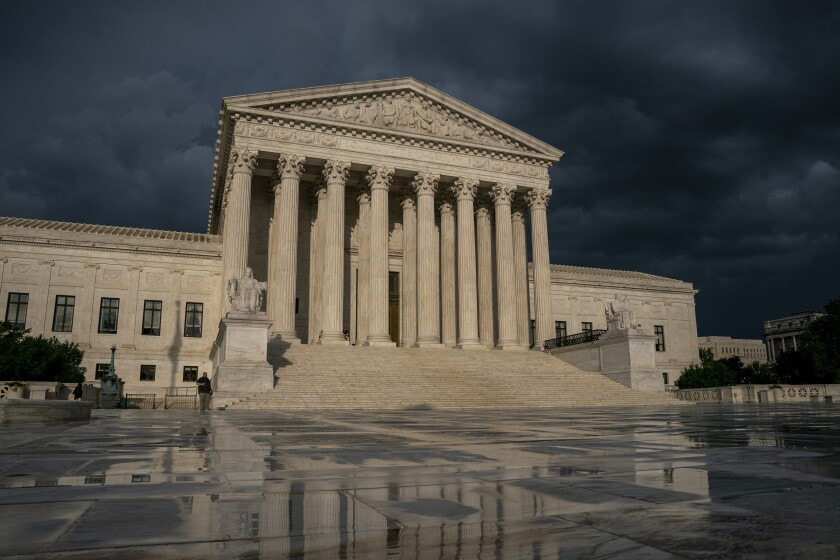
Erwin Chemerinsky is dean of the UC Berkeley School of Law. Jeffrey Abramson is professor of law and government at the University of Texas at Austin.
At the start of this new semester, we face a sobering reality. As law and political science professors, we’re in new territory: instructing our students about the foundations of constitutional law when neither they nor we have faith that the current Supreme Court will respect precedent and approach the law as the institution once had.
It is now clear that the court, with six conservatives — three appointed by Donald Trump — has a different attitude toward interpreting the Constitution and preserving fundamental rights.
Students see a court about to overrule or gut Roe vs. Wade, a half-century-old precedent, for no reason other than that the conservatives have the votes to do so. They see a majority of the justices eager to advance Republican ideology in blocking vaccine or testing requirements for large businesses. They see the conservative majority mandating government aid to religious schools and greatly expanding gun rights, even when it means departing from decades of prior decisions. They see a court where major rulings are issued without briefing and oral arguments on a “shadow docket,” including 5-4 decisions limiting the power of governors to impose restrictions on religious gatherings to stop the spread of COVID.
Read the story on LA Times
Two high powered Black lawyers confront a flawed justice system
Read This
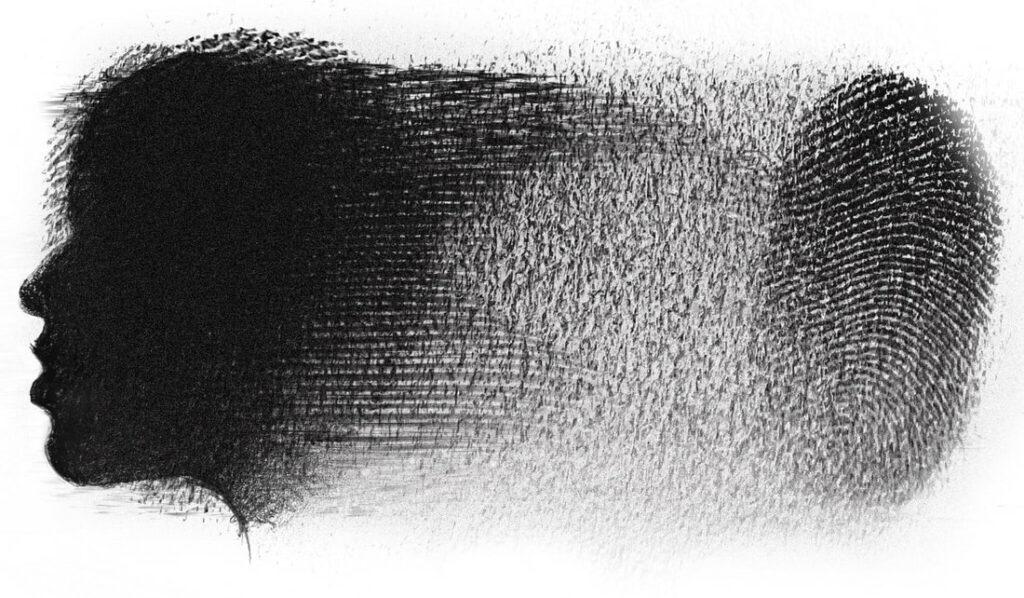
Trial lawyers are storytellers — and they especially love telling stories about themselves and their courtroom exploits. The typical (or at least stereotypical) teller of such a story is a grizzled white man in a rumpled, ill-fitting suit, and the typical tale involves his triumph at trial before a rapt jury. The point of these stories, besides entertaining the listener, is to demonstrate what an amazing lawyer the storyteller is: a brilliant strategist, skilled interrogator or eloquent advocate.
Laura Coates, an attorney turned CNN senior legal analyst, is a talented storyteller. Her new book, “Just Pursuit,” is a compelling collection of engaging, well-written, keenly observed vignettes from her years as a lawyer with the U.S. Department of Justice. But Coates’s stories, instead of trying to aggrandize her as an attorney, have a different and more profound purpose: They illustrate the injustices of our criminal justice system, exploring the ambivalence and even guilt that Coates felt as a Black female federal prosecutor working within — and for — that system.
After obtaining degrees from Princeton and the University of Minnesota Law School and working in private practice, Coates joined the Civil Rights Division of the Justice Department. She took pride in the division’s mission but grew frustrated with the bureaucracy and political interference she encountered in many voting-rights cases. Seeking to try cases instead of push paperwork, she moved within the department to become a federal prosecutor in Washington, D.C. — and quickly confronted a host of moral quandaries.
“The pursuit of justice creates injustice,” Coates writes in her opening sentence. “Before I became a prosecutor, I never imagined that could be true. I thought that the job would be an uncomplicated act of patriotism and that justice was what happened when a person was fairly tried and convicted for their crime.” As the stories of “Just Pursuit” make clear, this belief turned out to be woefully naïve.
Read the story on NY Times
February 10 at 12 Noon PST
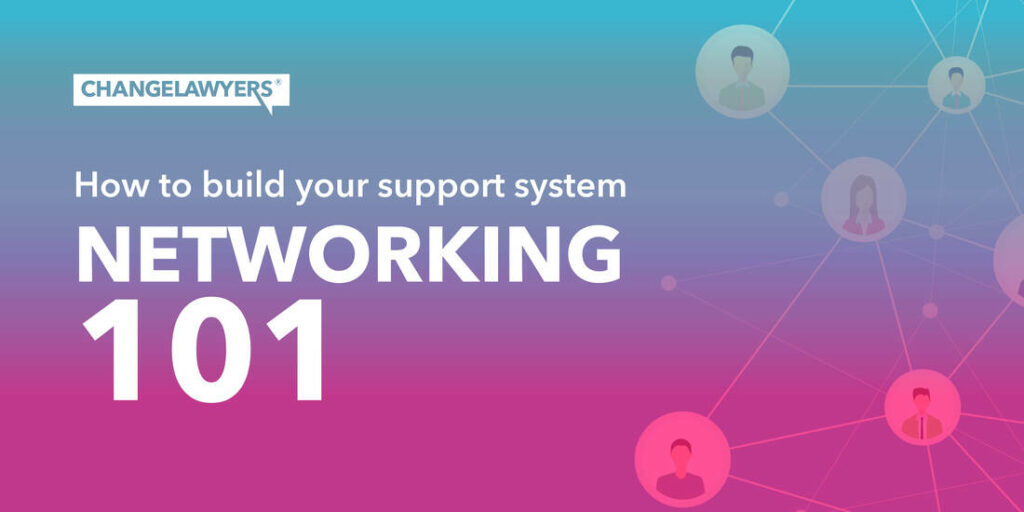
Virtual event on February 10. Register here >
Leadership Fellowship for Trans and GNC people
Grantmakers United for Trans Communities (GUTC) develops trans leadership in philanthropy to strengthen the pipeline of trans professionals in the field, with the long-term goal of increasing the number of trans people working and taking leadership in philanthropy.
Apply here >




